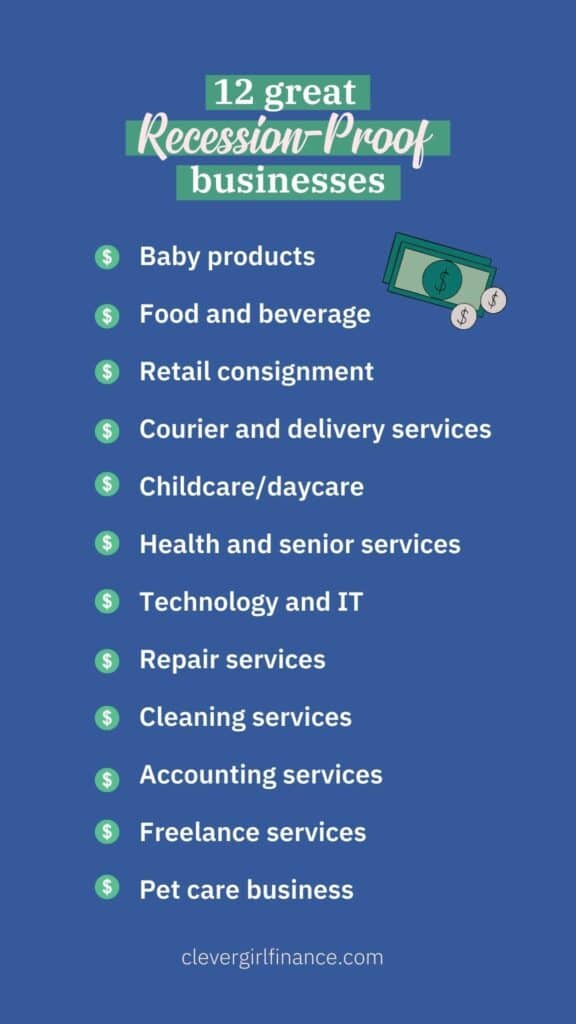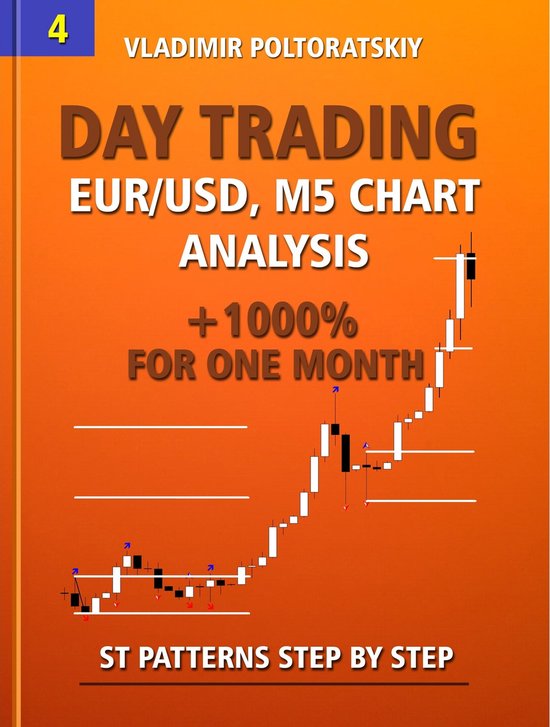
Although adding leverage to your portfolio may be a smart idea, there is a significant risk. Leverage in futures trading is an important aspect. However, you should be aware of the potential risk and its effect on your portfolio. You should only trade with the risk capital that you have, and do not trade with more than you can handle. It is also wise to diversify your portfolio, and spread your investments across various assets and contracts.
Futures trading is possible for many commodities. The value of these varies, depending on supply and demand. A strong demand for a commodity means it is likely that it will trade higher during the next trading session. Contrariwise, if there is a large supply of the same commodity, it can lead to lower prices in the future. Futures contracts provide a way to hedge the risk of commodity price fluctuation.

Futures contracts can also be traded on a variety other underlying assets like foreign currency, metals and energy. These contracts typically have specific features and are standard contracts. These include an expiry date, a margin, and a standardized underlying asset. There are four types of futures contracts: commodity, stock, currency pair, and index. A futures agreement is a binding contract to purchase a predetermined quantity of an asset by a set date and at a fixed price. A futures contract is a derivative of a physical product, and it carries a high level of leverage. Leverage increases the amount you can make or lose and futures contracts can be traded for only a fraction of its underlying asset.
There are two types, hedgers and spekulators. Hedgers are typically businesses while speculators trade commodities. Hedgers are interested in locking in favorable future trading price levels at the moment, while the speculators look to make money from futures contract price changes.
To take advantage of the market, the speculator can use a variety of techniques. He might use leverage to increase his gains or spreads, which are spreads between investments in multiple contracts with opposing positions. He could also use calendar Spreads, which are the simultaneous purchase or sale of two contracts. This type of strategy is similar to a stop order, and can be a great way to reduce the volatility of your futures position.

It is not easy to buy and sell futures. The first step for a trader is to decide how much money to put into his or her futures account. This will depend on the account's size and the amount of funds available. The margin you are willing and able to risk will also affect the price of the contract. In other words, you will need a certain percentage to cover the futures contract's worth.
FAQ
Stock marketable security or not?
Stock is an investment vehicle that allows you to buy company shares to make money. This is done through a brokerage that sells stocks and bonds.
You could also invest directly in individual stocks or even mutual funds. There are over 50,000 mutual funds options.
There is one major difference between the two: how you make money. Direct investment earns you income from dividends that are paid by the company. Stock trading trades stocks and bonds to make a profit.
In both cases, ownership is purchased in a corporation or company. But, you can become a shareholder by purchasing a portion of a company. This allows you to receive dividends according to how much the company makes.
Stock trading allows you to either short-sell or borrow stock in the hope that its price will drop below your cost. Or you can hold on to the stock long-term, hoping it increases in value.
There are three types of stock trades: call, put, and exchange-traded funds. Call and put options give you the right to buy or sell a particular stock at a set price within a specified time period. ETFs can be compared to mutual funds in that they do not own individual securities but instead track a set number of stocks.
Stock trading is very popular because investors can participate in the growth of a business without having to manage daily operations.
Stock trading can be very rewarding, even though it requires a lot planning and careful study. It is important to have a solid understanding of economics, finance, and accounting before you can pursue this career.
What is a REIT?
A real-estate investment trust (REIT), a company that owns income-producing assets such as shopping centers, office buildings and hotels, industrial parks, and other buildings is called a REIT. They are publicly traded companies which pay dividends to shareholders rather than corporate taxes.
They are similar to a corporation, except that they only own property rather than manufacturing goods.
What's the difference among marketable and unmarketable securities, exactly?
The main differences are that non-marketable securities have less liquidity, lower trading volumes, and higher transaction costs. Marketable securities, on the other hand, are traded on exchanges and therefore have greater liquidity and trading volume. They also offer better price discovery mechanisms as they trade at all times. However, there are many exceptions to this rule. Some mutual funds are not open to public trading and are therefore only available to institutional investors.
Non-marketable securities can be more risky that marketable securities. They are generally lower yielding and require higher initial capital deposits. Marketable securities tend to be safer and easier than non-marketable securities.
A bond issued by large corporations has a higher likelihood of being repaid than one issued by small businesses. This is because the former may have a strong balance sheet, while the latter might not.
Because they can make higher portfolio returns, investment companies prefer to hold marketable securities.
What is the difference between the securities market and the stock market?
The whole set of companies that trade shares on an exchange is called the securities market. This includes stocks as well options, futures and other financial instruments. Stock markets are typically divided into primary and secondary categories. Stock markets are divided into two categories: primary and secondary. Secondary stock exchanges are smaller ones where investors can trade privately. These include OTC Bulletin Board Over-the-Counter, Pink Sheets, Nasdaq SmalCap Market.
Stock markets have a lot of importance because they offer a place for people to buy and trade shares of businesses. Their value is determined by the price at which shares can be traded. When a company goes public, it issues new shares to the general public. Dividends are paid to investors who buy these shares. Dividends can be described as payments made by corporations to shareholders.
Stock markets not only provide a marketplace for buyers and sellers but also act as a tool to promote corporate governance. Boards of Directors are elected by shareholders and oversee management. Boards ensure that managers use ethical business practices. In the event that a board fails to carry out this function, government may intervene and replace the board.
Why is a stock called security.
Security refers to an investment instrument whose price is dependent on another company. It can be issued by a corporation (e.g. shares), government (e.g. bonds), or another entity (e.g. preferred stocks). If the asset's value falls, the issuer will pay shareholders dividends, repay creditors' debts, or return capital.
Can bonds be traded
Yes, they do! As shares, bonds can also be traded on exchanges. They have been traded on exchanges for many years.
The difference between them is the fact that you cannot buy a bonds directly from the issuer. They can only be bought through a broker.
This makes buying bonds easier because there are fewer intermediaries involved. This means you need to find someone willing and able to buy your bonds.
There are many different types of bonds. Some bonds pay interest at regular intervals and others do not.
Some pay quarterly, while others pay interest each year. These differences make it possible to compare bonds.
Bonds are very useful when investing money. Savings accounts earn 0.75 percent interest each year, for example. If you invested this same amount in a 10-year government bond, you would receive 12.5% interest per year.
You could get a higher return if you invested all these investments in a portfolio.
How can people lose their money in the stock exchange?
The stock market is not a place where you make money by buying low and selling high. You can lose money buying high and selling low.
The stock market offers a safe place for those willing to take on risk. They are willing to sell stocks when they believe they are too expensive and buy stocks at a price they don't think is fair.
They believe they will gain from the market's volatility. They might lose everything if they don’t pay attention.
Statistics
- Even if you find talent for trading stocks, allocating more than 10% of your portfolio to an individual stock can expose your savings to too much volatility. (nerdwallet.com)
- Our focus on Main Street investors reflects the fact that American households own $38 trillion worth of equities, more than 59 percent of the U.S. equity market either directly or indirectly through mutual funds, retirement accounts, and other investments. (sec.gov)
- Ratchet down that 10% if you don't yet have a healthy emergency fund and 10% to 15% of your income funneled into a retirement savings account. (nerdwallet.com)
- The S&P 500 has grown about 10.5% per year since its establishment in the 1920s. (investopedia.com)
External Links
How To
How can I invest into bonds?
You need to buy an investment fund called a bond. You will be paid back at regular intervals despite low interest rates. These interest rates can be repaid at regular intervals, which means you will make more money.
There are several ways to invest in bonds:
-
Directly buying individual bonds
-
Buying shares of a bond fund.
-
Investing via a broker/bank
-
Investing through an institution of finance
-
Investing through a Pension Plan
-
Invest directly through a stockbroker.
-
Investing via a mutual fund
-
Investing with a unit trust
-
Investing with a life insurance policy
-
Private equity funds are a great way to invest.
-
Investing with an index-linked mutual fund
-
Investing through a hedge fund.